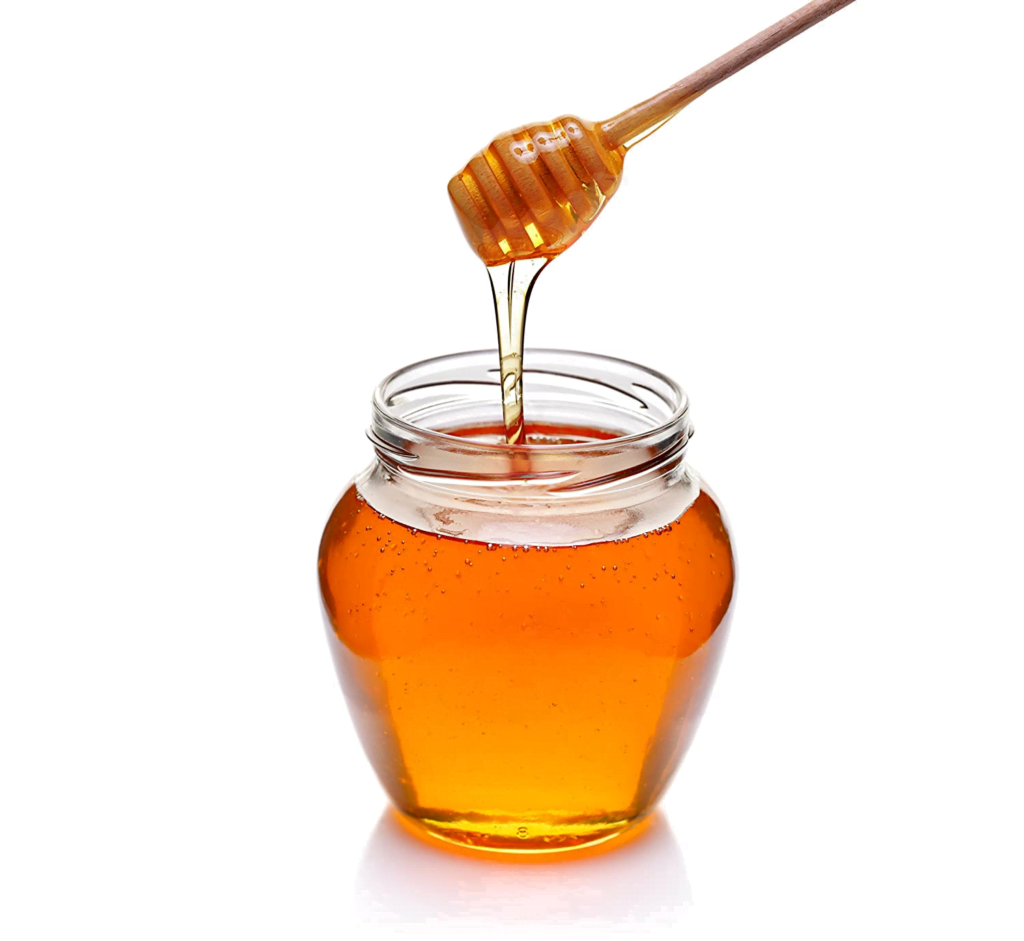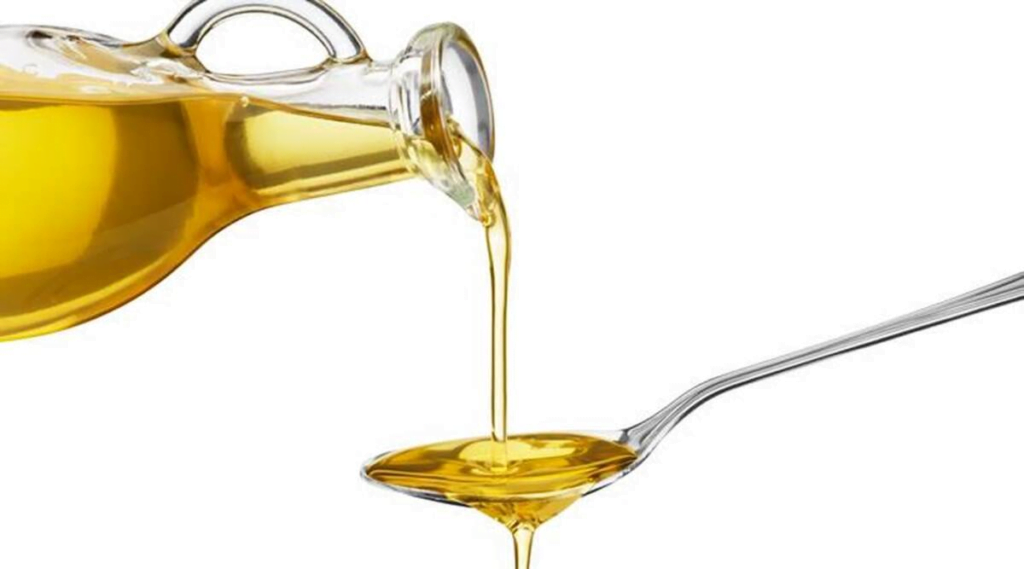
The refrigerator is the most efficient and convenient way for storing products. We refrigerate food to ensure that the quality does not deteriorate and food remains fresh, but some items should never be refrigerated. This is due to the fact that refrigerating certain foods can cause them to lose nutritional content also causing a significant shift in taste and flavour. To avoid such situations below is a list of food items that do not need to be refrigerated.
Apples:
The chilly air inside the refrigerator tends to degrade the crisp texture of apples. Keep apples out of the fridge. Put them in a basket and these fruits will be consumed considerably faster than if they were kept in the fridge.

Bread:
The texture of bread degrades more quickly when it is refrigerated. It also loses moisture. Place bread on the counter. Keep it in a cool, dry place away from windows and heat to retain its fluffy and soft texture.

Eggplant:
Eggplant is temperature sensitive, especially when temperatures fall below 50°F, which might harm the texture and flavour in addition when exposed to temperatures below 41°F for an extended period of time, eggplant is susceptible to chilling injuries. Because eggplant is highly sensitive to ethylene, it is recommended to store it separately from other high-ethylene producers like melons, tomatoes, and bananas. Keep eggplant in a cool, dry place away from direct sunlight.

Watermelon:
Watermelons are high in antioxidants, beta-carotene, lycopene, and, a variety of other nutrients. However, according to 2006 USDA research, refrigerating watermelons depletes those beneficial nutrients. Watermelon tastes best when chilled just before serving; prolonged chilling, however, robs the fruit of its natural nutrients.

Cantaloupe:
Cantaloupe is a type of fruit that ripens after they are picked and should be left on the counter until it’s ready to eat. Refrigeration may degrade the flavour and nutritional value, but if it is already ripe, break it up and keep it in the fridge before it spoils. When antioxidant-rich fruits are naturally fresh, they retain more vitamins and nutrients.

Tomato:
If you refrigerate a tomato, the sweetness, and juiciness of the tomato will be lost and will make it soggier. Tomatoes taste best at room temperature. Chemicals within the refrigerator degrade flavour and scent of tomato. A 2016 study conducted by the University of Florida verified the presence of flavour changes caused by the chemical deterioration of tomatoes stored under refrigeration for a week.

Papaya:
Keep papaya away from the refrigerator. Allow it to ripen and soften on the counter. Put the papaya in a paper bag to help it ripen faster. It will ripen in three days if left out. The yellow tint is an indicator of ripeness. It should smell slightly sweet when you sniff it.

Garlic:
Garlic is picked and dried, thus it should be stored in a dry place. Store the bulbs in a well-ventilated, dry environment to extend their shelf life. Mold can grow on it, causing the bulbs to degrade if you store them in the refrigerator.

Avocados:
Avocados are harvested when they are as hard as a rock and consumed when they are soft. Avocados will not ripen if kept in the refrigerator. By leaving them out on the counter, you can keep an eye on their ripening status and consume them at their optimal flavour.

Sweet Potato:
Sweet potatoes should not be stored in the refrigerator. These root vegetables should be stored in a cold, dry place. Make sure there is enough of ventilation, and don’t wrap them in plastic; instead, leave them exposed to air.

Honey:
Honey is stable food and can last for a very long period. Honey is made by bees. It has natural preservation characteristics. Honey is a hypertonic substance due to its high sugar content and lack of water. When honey is refrigerated, it hardens and will not pour until it is heated. You can wait till it reaches room temperature. so, it’s better to keep it out of the refrigerator.

Coffee:
Ground coffee or coffee beans should be stored in an airtight container. Because air, light, and moisture degrade coffee, the container should be dark or at least light-resistant. An airtight container will also keep extraneous flavours from soaking into the coffee.

Onions:
Keeping onions in the refrigerator introduces moisture, which causes the onion to become mushy and more susceptible to spoilage. Store onions in a cold, dark spot for the longest shelf life.

Pumpkins:
The cold, humid conditions in the refrigerator will cause the pumpkin to rot quickly. They can be kept on the counter for up to 90 days. Keep it away from direct sunlight and warm temperatures.

Basil:
If you store basil in the refrigerator, it becomes limp and flavourless. Place basil in a jar on the windowsill to extend its shelf life. It will stay much longer than in the fridge and may even grow.

Spices:
Do not keep herbs and spices in the refrigerator. Mold will grow in the refrigerator’s cold air. Taking the spices in and out of the refrigerator for use reduces shelf life. However, seeds such as poppy or sesame can and may prefer to be stored in the refrigerator.

Pineapple:
Allow your pineapple to ripen on the counter if you want to serve it at its sweetest. When the fruit reaches the ideal level of ripeness cut it and eat it right away or refrigerate the pieces in an airtight container.

Nuts:
Nuts do better at lower temperatures, but if they become too cold, in the fridge, their flavour may deteriorate. The easiest way to store nuts is in an airtight container in your pantry.

Bell peppers:
Bell peppers are best when they are crisp and fresh, but storing them at low temperatures causes the skin to soften. To avoid this, keep your peppers in the pantry.

Hot food:
Do not put hot food in the refrigerator. Allow it to cool to room temperature before placing it in the refrigerator. If you immediately place hot food in the refrigerator, it may lose its nutritional value.

Oil:
Keeping oil in the refrigerator can alter its texture and colour. Refrigerating oil causes it to seem hazy and has an effect on the flavour.

Citrus fruit:
At room temperature, citrus fruits are juicier and more flavourful. Lemons, limes, grapefruit, and oranges should be stored in a cool, dry place and used within a couple of weeks.
